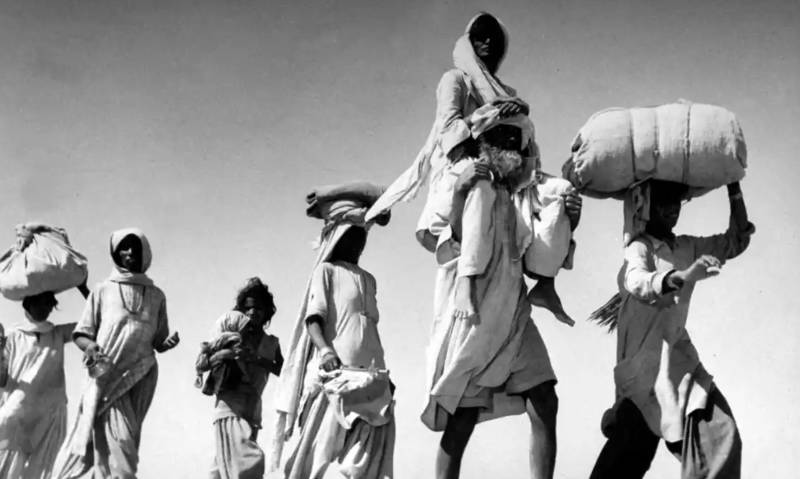
“The paradox of trauma is that it has both the power to destroy and the power to transform and resurrect.”—Peter A. Levine
Trauma has the capacity to change one’s entire perception of the world, people, society and life itself. The outcome is usually a more rigid and inflexible outlook that prevents discernment of the true characteristics of events or people they come across.
Jane Leavy, an award-winning writer says: “Trauma fractures comprehension as a pebble shatters a windshield. The wound at the site of impact spreads across the field of vision, obscuring reality and challenging belief.”
Trauma has the capacity to change one’s entire perception of the world, people, society and life itself. The outcome is usually a more rigid and inflexible outlook that prevents discernment of the true characteristics of events or people they come across. This by itself can be damaging as they become triggers for reviving an internal fear that may culminate in tragic incidents bringing about suffering for themselves and others. The milder ones, however, are more likely to find solace in the company of those who have had similar experiences as they could be more understanding about their emotional state as against ones who never passed through such circumstances.
If from an early start in life, humans are taught to understand that life is not perfect and everyone has to face one or another situation that could shake the very core of their existence, it may become slightly easier to grapple with day to day events. This becomes even more important in today’s world where information spreads like wild fire and rather than being positioned in a comfortable corner as in the yesteryears, we all seem to be in the thick of things like the Ukraine War, Israel-Hamas conflict, natural calamities and unrest across the globe. These are traumatic occurrences not only for the people who are actually suffering but also for the sensitive ones who are unable to reconcile with the cruelty associated with mankind.
Earlier centuries’ wars and battles left scars on generations to come, but no lessons were learnt. The trauma-ridden descendants continue to avenge their ancestors’ afflictions by pursuing the policies of their tormentors. Had their trauma been treated timely, this world would have witnessed less destruction in terms of lives and properties. Knowledge and wisdom comes with age, they say but a heavy responsibility lies on the shoulders of the older generation to pass them on to the young ones so they can remain well-prepared for future tremors in their lives.
In our everyday conversation, we abstain from talking about dying, about how to handle a crisis situation, about getting ready in case of an unexpected fiasco as if by just mentioning these negativities, they will spring up. No doubt, one should speak about positives but without ignoring the adversities. The result is that if something untoward does happen, there erupts chaos instead of control. Regardless of how much vigilant people are, how many close circuit cameras may be in operation, how alert agencies are, security can get breached, accidents can occur and if not managed properly, such traumatic events can have catastrophic consequences.
Presently, peoples of the world too are traumatized by miseries inflicted by men upon men. It is as if the only solutions available are firearms, bombs and missiles. Who will knock sense in the minds of all these belligerent parties? Whatever happened to the term “peaceful negotiations”? In the words of an Air Commodore with a slight change, “Israel bombing Gaza, Jordan bombing Syria, Iran bombing Iraq, Syria, and Pakistan. Pakistan is bombing Iran, Turkey bombing Iraq and Syria. Who is the enemy? Has the world gone berserk?”

